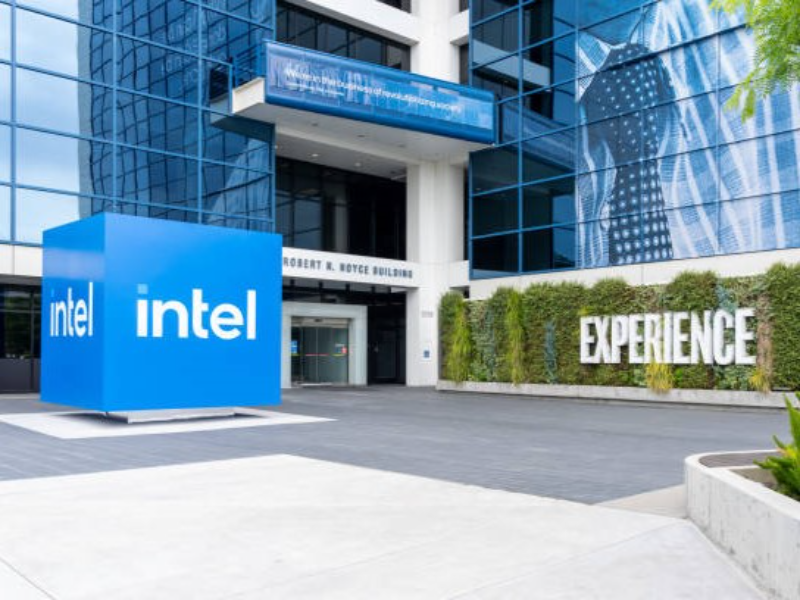- Apollo Global Management is negotiating a $5 billion investment in Intel, aiming to support the company’s recovery amid a 60% decline in stock value this year.
- Intel faces intense competition from TSMC and Nvidia, making this potential funding critical for modernsing its manufacturing capabilities and reclaiming market share.
OUR TAKE
Intel’s success hinges on securing Apollo’s investment and implementing significant operational improvements. The semiconductor industry demands innovation and agility; without these, even substantial funding may not be sufficient to reverse Intel’s fortunes.
–Jasmine Zhang, BTW reporter
What happened
Apollo Global Management is in talks to invest up to $5 billion in Intel, a move that comes as the semiconductor giant struggles with significant market declines, having lost nearly 60% of its stock value this year. Once a leader in chip manufacturing, Intel is now contending with fierce competition from companies like TSMC and Nvidia.
Apollo’s potential investment aligns with its strategy of backing companies with turnaround potential; it previously acquired a 49% stake in Intel’s manufacturing venture in Ireland. Alongside Apollo’s interest, Qualcomm is also reportedly considering acquiring Intel, which could reshape the semiconductor landscape.
If the investment materialises, it may provide Intel with the resources needed to modernise manufacturing and improve competitiveness, although operational improvements remain essential for the company’s revival.
Also read: Apollo Global invests $11 billion in Intel’s Ireland expansion
Also read: Qualcomm explores potential acquisition of Intel amid chipmaker’s struggles
Why it’s important
The semiconductor industry is undergoing a transformative phase, marked by intense competition and rapid technological advancements. Intel, once a dominant force, has struggled against rivals like TSMC and Nvidia, with its stock plummeting nearly 60% this year.
Apollo Global Management’s potential $5 billion investment in Intel could significantly impact the company’s product development and operational efficiency. With this capital, Intel could accelerate its transition to advanced manufacturing technologies, such as 7nm and 5nm processes, allowing it to produce more competitive, energy-efficient chips. This upgrade could enhance product performance in critical areas like AI and data centres, where demand is skyrocketing.
Operationally, the funds could streamline Intel’s supply chain and reduce delays in product launches, addressing recent inefficiencies. Moreover, investing in research and development could foster innovation, enabling Intel to introduce cutting-edge products that meet evolving market needs. If executed effectively, these changes could position Intel not only to reclaim market share but also to regain its status as a leader in semiconductor technology, ultimately reshaping the competitive landscape in its favour.

